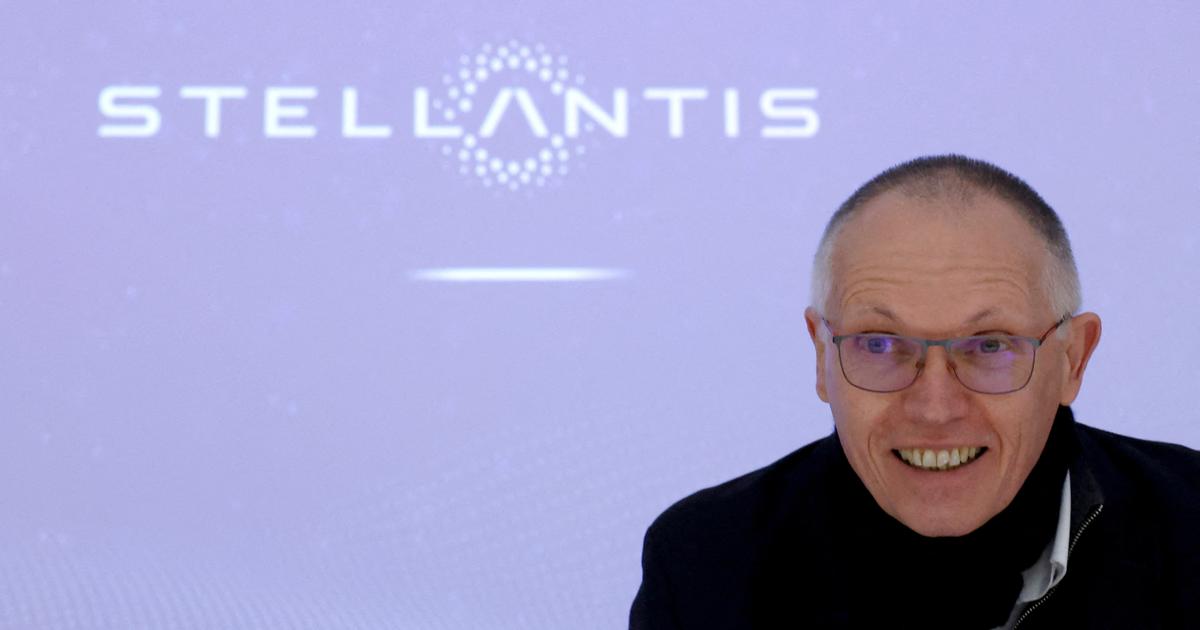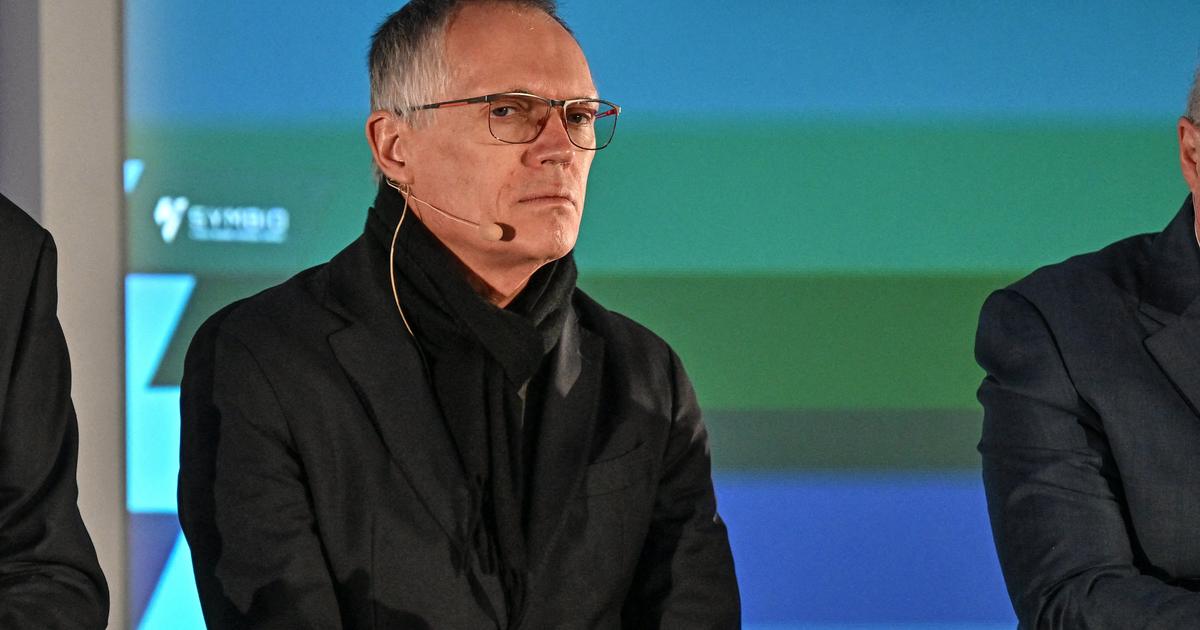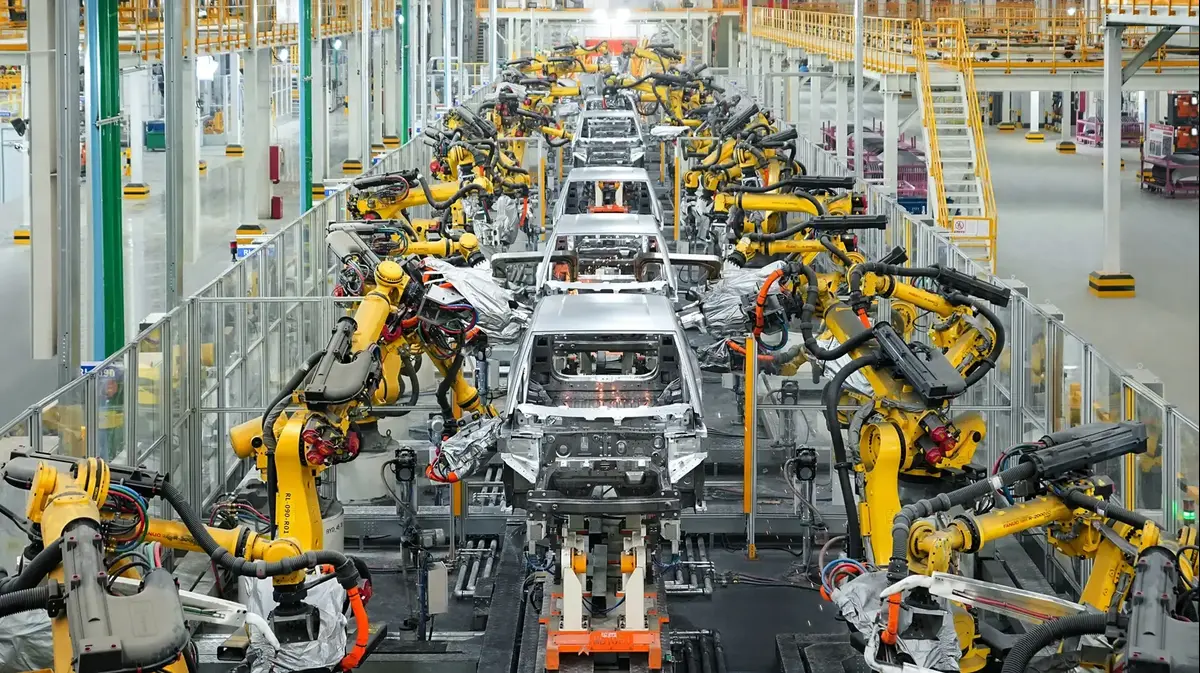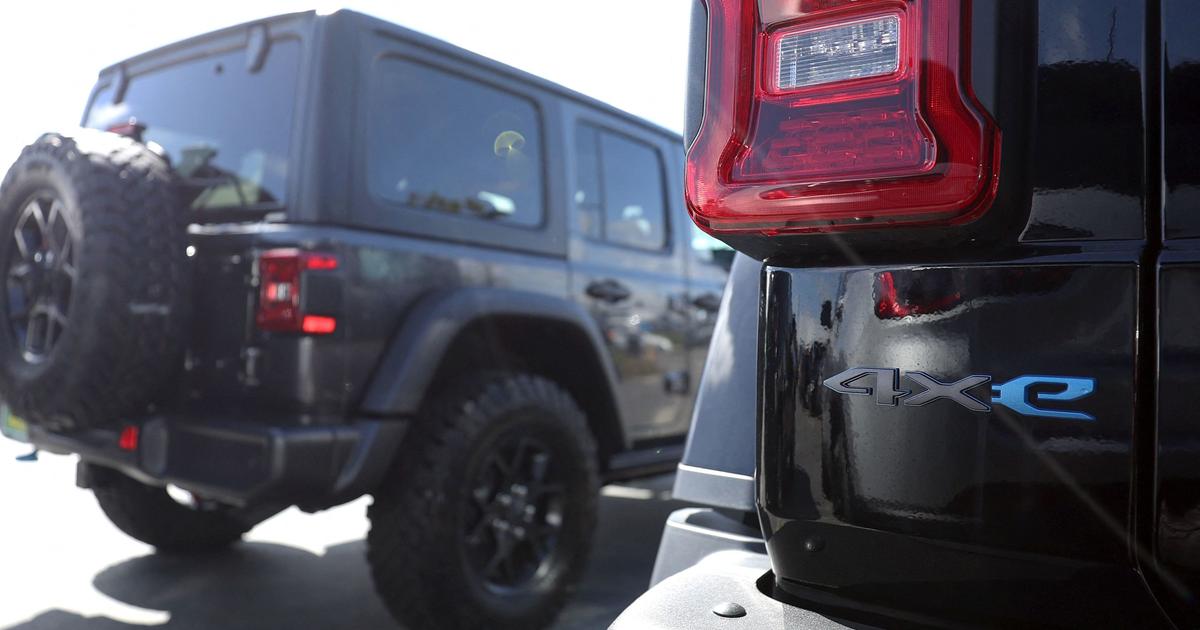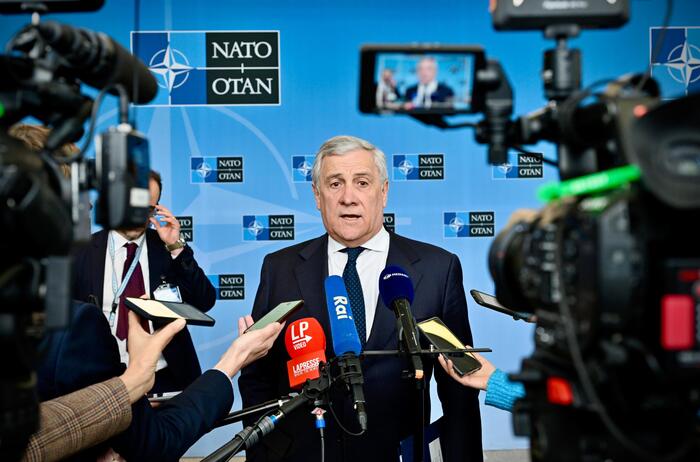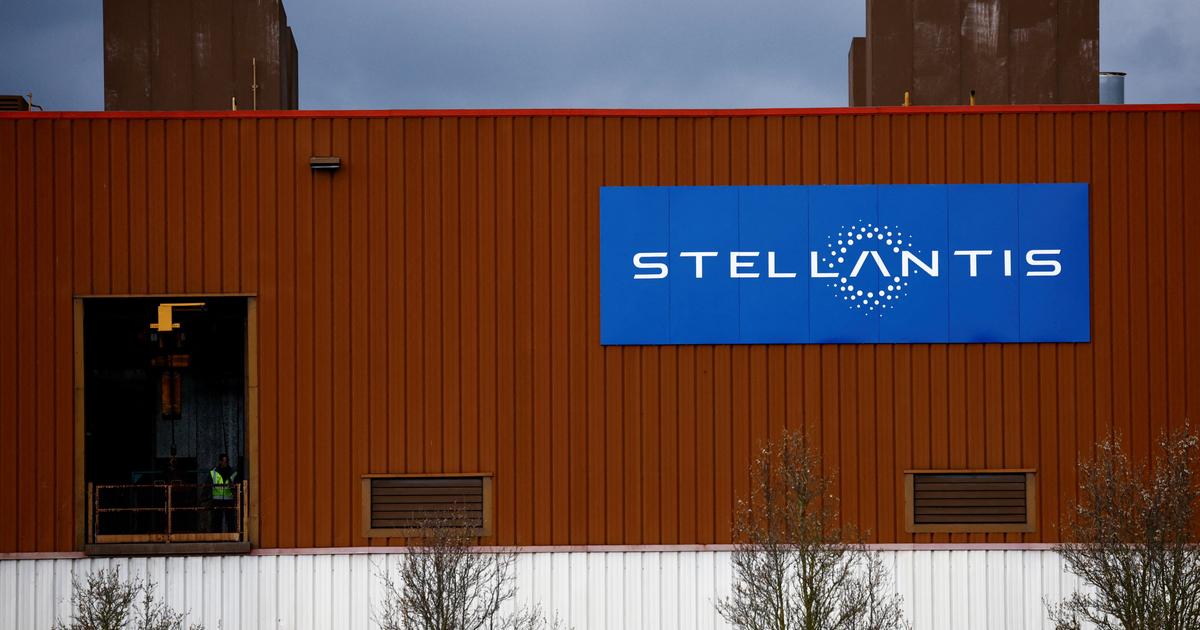Announced more than a year ago under the best economic auspices, the marriage between the French car manufacturer PSA and its Italian-American counterpart Fiat Chrysler Automobiles (FCA), which obtained the green light from Brussels just before Christmas, will be end up in the midst of a pandemic stagnation.
This Monday, the mega merger between the two manufacturers should be validated by the general meetings of the shareholders of the two groups.
The marriage contract provides for a merger "between equals" with a participation in the capital which respects the balance of power.
At the end of tough negotiations, the Agnellis will hold 14.4% of the future together, the Peugeot 7.4%, the French State (via the Public Investment Bank, Bpifrance) 6.1% and the Chinese of Dongfeng 4 , 7%.
The merger should give birth to the world's fourth largest automobile manufacturer (behind Volkswagen, Renault-Nissan-Mitsubishi and Toyota) with 8.7 million vehicles sold per year, a turnover of 170 billion euros and more than 400,000 employees .
It is above all a catalog of 14 brands which brings together all the car segments, from the popular through the family with Fiat and Peugeot or Opel to the luxury vehicle with Maserati and even all terrain with Jeep.
An industrial juggernaut, which will henceforth be called Stellantis, from the Latin verb "stello" which means "to shine with stars", whose headquarters will be set up in the Netherlands and will be listed on the Paris, Milan and New stock exchanges. York.
As for the management of the group, a compromise was found, in particular among the historical shareholders: the Peugeot family for PSA and Agnelli for FCA.
The heir to the Italian family, John Elkann, at the head of FCA, will be chairman of the board while Carlos Tavares, who heads PSA, will become the undisputed boss of the new group.
So much for the identity card.
For the roadmap, the interests of the two groups are complementary.
First, geographically.
Very dependent on Europe and in difficulty in China, PSA is opening up the North American market where FCA has significant market shares.
Conversely, the Italian-American group needs an ally in Asia but especially on the Old Continent where its market shares have fallen below the 5% mark, only driven by its legendary Fiat 500 for lack of a range. of sufficiently renewed cars.
Finally, the Agnelli family group is seriously behind in the transition to electric vehicles.
Economies of scale evaluated at 5 billion euros per year
The merger between the 9th and 10th largest automotive groups in the world will make it possible to combine the 3.5 billion euros invested each year in research and development by FCA with the 2.5 billion euros committed by PSA.
This union, thanks to synergies and in particular the joint purchase of larger volumes of parts, will save 3.7 billion euros per year.
"A floor", even estimated Carlos Tavares, the boss of PSA, in June.
The economies of scale are now estimated at 5 billion euros per year.
Newsletter It pays me
The newsletter that improves your purchasing power
Subscribe to the newsletterAll newsletters
It remains to be seen what impact this merger will have on employment.
When the wedding was announced, the two groups had promised that the wedding would take place "without a factory closure".
Stellantis has around fifty main assembly sites, including five in France and seven in Italy.
READ ALSO>
PSA-Fiat Chrysler: behind the merger project, a marriage of convenience
But that was before the economic cataclysm caused by the Covid-19 epidemic.
If the two lovers are resisting the crisis rather well (PSA's turnover fell only 0.8% in the third quarter and FCA saw its accounts go back to green), the car market has collapsed.
In France alone, only 1.65 million new passenger cars were put into circulation in 2020, against 2.2 million in 2019. That is a level equivalent to… 1975.
For Carlos Tavares, it is a real balancing act that we will have to indulge in in the coming months between the Italian and French states.
The first indeed granted FCA a guaranteed loan of 6.3 billion euros which it is hard to imagine that it is not accompanied by a counterpart to maintain employment.
The second, via Bpifrance, will not fail to put pressure on the same theme.
We remember that the French government did not hesitate to intervene very widely during the attempted merger between Renault and FCA in June 2019. And in particular to demand solid guarantees on the preservation of jobs and industrial sites in France.
The merger between Renault and FCA had ultimately failed.


